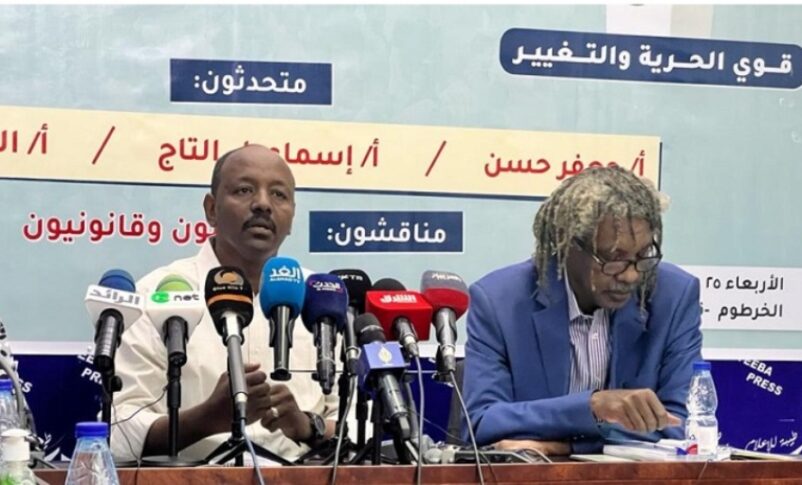The Forces for Freedom and Change (FFC), Sudan’s pro-democracy alliance, condemned both the military and the Rapid Support Forces (RSF) for recent civilian rights abuses.
This follows reports of escalating violations in Al-Jazira State villages, where the RSF allegedly looted property and killed resisting civilians.
FFC leaders Yasir Arman and Khalid Omer Youssif openly denounced the RSF abuses against civilians. For his part, Jaafar Hassan, the coalition’s official spokesman, emphasized their unwavering opposition to violations by any party in the conflict.
In a Sunday statement to Sudan Tribune, Hassan stated: “The ultimate responsibility for any violations within a controlled area rests with the party in control, regardless of whether the party directly commits them or if they are perpetrated by entities under their authority”.
He further added that it is the duty of the party in control to take preventive measures to ensure such violations do not occur.
Hassan emphasized, “The greatest danger of war is the targeting of civilians. They have the right to live in their homes and communities. Regardless of who controls the region, be it the armed forces or the RSF, it’s their duty to protect them.”
The FFC’s statements highlight the growing concerns about civilian safety in Sudan amidst the ongoing conflict between the military and the RSF. It reiterates the crucial need for both sides to respect human rights and resolve the conflict peacefully.
The Sudanese military, while facing accusations of human rights abuses themselves, accuse the FFC, which is part of the anti-war coalition, of not publicly condemning the alleged violations and war crimes committed by the RSF. (ST)






